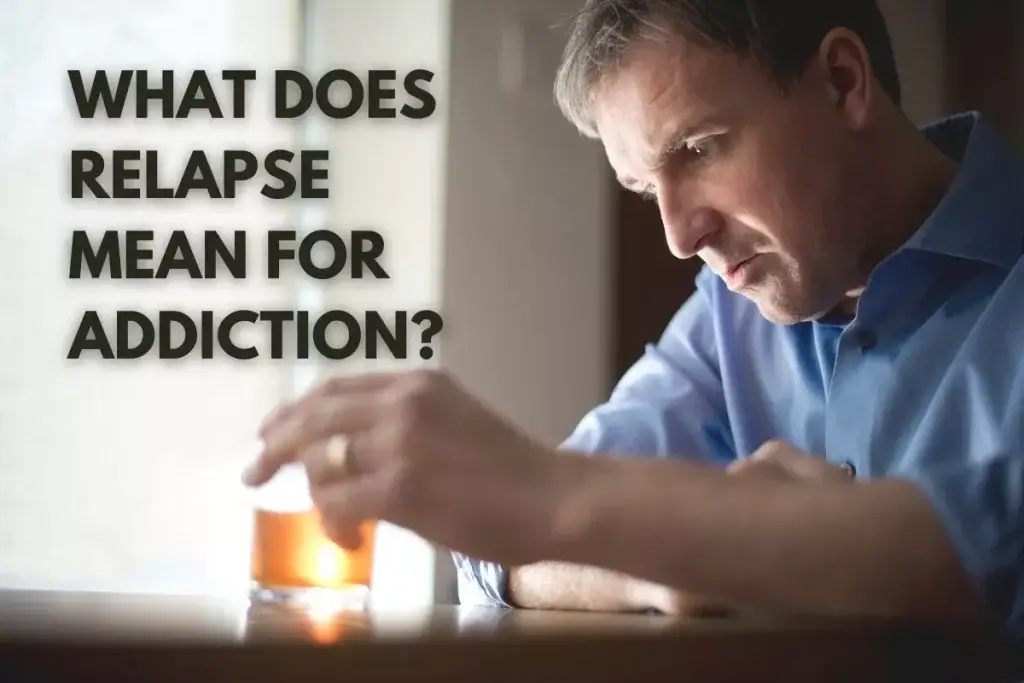Experiencing a relapse can feel devastating, especially after achieving a significant period of sobriety. However, it’s essential to remember that a fall does not define your journey.
Reflecting on my own experience, I’d like to share insights on how to rise after a relapse and build a stronger foundation for lasting recovery.
In August 2011, I relapsed after eight months of sobriety. During that time, I was actively attending meetings, working the program, and surrounded by supportive individuals whose encouragement was invaluable. Yet, when I transitioned to a new environment, where meetings were scarce, I found myself without that essential support. This change led me to a rampage that lasted until March 2012.
This experience taught me critical lessons about the sources of my sobriety and the importance of self-worth in recovery. One of the most profound realizations I had was that my initial motivation for sobriety was heavily influenced by others. While it’s natural to want to avoid disappointing loved ones, true recovery must come from within. If your motivation stems from fear of disappointing others, it indicates a deeper issue with self-worth.
Ask yourself: Are you getting sober for your kids, your partner, or your reputation? These external motivations can crumble under pressure. Recovery must start with you recognizing your value and worthiness. Only then can you build a sustainable path forward.
After my relapse, I recognized the need to recalibrate my sources of strength. Initially, I relied on meetings and people, but I learned that a deeper spiritual connection is essential for lasting recovery. During a small church service one Sunday, I prayed for help, and the guidance I received marked a turning point in my journey. I discovered that relying on God provided a strength that wasn’t contingent on my environment or external circumstances.
Relapse often highlights areas where we are dishonest with ourselves. For me, it was my academic responsibilities. Acknowledging and addressing these issues was crucial for my recovery. Hiding a relapse or covering up shortcomings only leads to further despair. Additionally, my transition to campus life brought newfound freedom, but it also introduced triggers I was ill-equipped to handle. Recognizing what led me back to drinking was essential. It’s vital to be aware of your surroundings and identify potential pitfalls.
Moving forward after a relapse involves several steps. First, be honest about what happened. Acknowledge the relapse without shame; hiding it only worsens the situation. Next, reevaluate your motivations for sobriety. Ask yourself who you’re getting sober for, as this reflection can help align your recovery with personal values rather than external pressures.
It’s also crucial to accept the experience. Understand that a relapse isn’t a failure; it’s a learning opportunity. Embrace the lessons that come with it and commit to doing the necessary work to rise again.
Lastly, know where to seek help in times of crisis. Turn to God for guidance when cravings seem insurmountable. He can provide clarity and strength when you feel overwhelmed. Additionally, seek out supportive, nonjudgmental friends or accountability partners who can assist you during tough times.
Above all, you have to always remind yourself that every setback can lay the groundwork for a more profound comeback.
